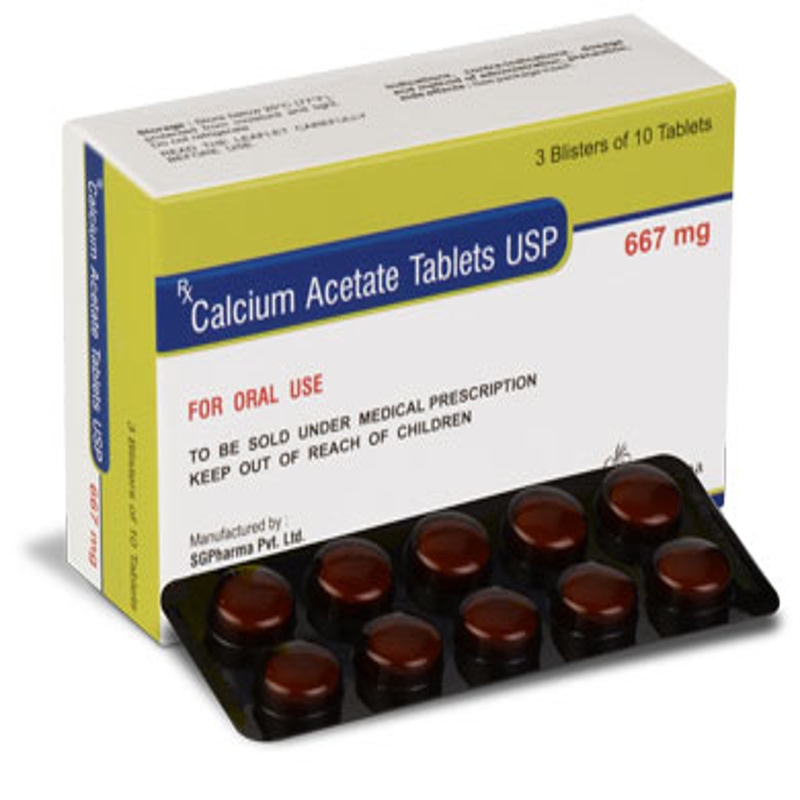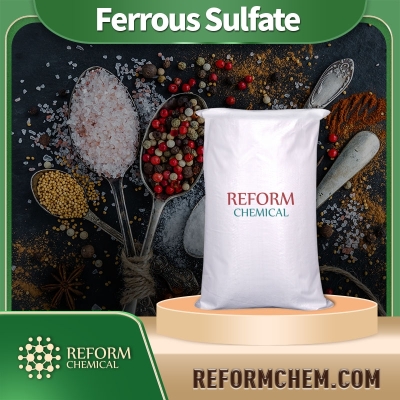-
Categories
-
Pharmaceutical Intermediates
-
Active Pharmaceutical Ingredients
-
Food Additives
- Industrial Coatings
- Agrochemicals
- Dyes and Pigments
- Surfactant
- Flavors and Fragrances
- Chemical Reagents
- Catalyst and Auxiliary
- Natural Products
- Inorganic Chemistry
-
Organic Chemistry
-
Biochemical Engineering
- Analytical Chemistry
-
Cosmetic Ingredient
- Water Treatment Chemical
-
Pharmaceutical Intermediates
Promotion
ECHEMI Mall
Wholesale
Weekly Price
Exhibition
News
-
Trade Service
The advent of targeted therapy has increased treatment options for newly diagnosed patients with relapsed or refractory (R/R) acute myeloid leukemia (AML)
.
Compared with chemotherapy alone, drugs that inhibit FLT3 kinase activity (alone or in combination with chemotherapy) significantly improve survival and remission rates in AML patients
Compared with chemotherapy alone in leukemia , drugs that inhibit FLT3 kinase activity (single or in combination with chemotherapy) significantly improve the survival rate and remission rate of AML patients.
A preliminary analysis by ADMIRAL showed that gilteritinib significantly prolonged overall survival compared with salvage chemotherapy (9.
3 months vs 5.
6 months; hazard ratio for death [HR] 0.
64, p<0.
001)
.
3 months vs 5.
6 months; hazard ratio for death [HR] 0.
64, p<0.
001)
.
Gilteritinib significantly prolonged overall survival compared with salvage chemotherapy (9.
However, the short follow-up time at the time of the primary analysis of the ADMIRAL trial limited the assessment of long-term outcomes
.
Therefore, investigators conducted extended follow-up of the ADMIRAL trial, and this article reports efficacy and safety results for an additional two years of follow-up from the initial analysis
Research Process
Research ProcessAt the time of this analysis, with a median follow-up of 37.
1 months, 203 (247 total) and 97 (124 total) patients in the Gilteritinib group and salvage chemotherapy group had died, respectively; 16 patients in the Gilteritinib group were still receiving treatment
.
The median overall survival was 9.
The median overall survival was 9.
Overall survival in both groups
Overall survival in both groupsThe two-year cumulative relapse rate in the gilteritinib group was 75.
7%, with fewer relapses occurring after 18 months of follow-up
.
Overall, 49 of 247 patients in the gilteritinib group and 14 of 124 in the salvage chemotherapy group survived for two years or more
stem cell
side effect
side effectThe most common side effect is elevated liver enzymes
.
In conclusion , maintenance therapy with Gilteritinib maintained durable remission in patients with relapsed/refractory AML with a stable safety profile
.
The results of this study confirm that prolonged Gilteritinib treatment is safe and has better survival compared with S salvage chemotherapy
, Gilteritinib maintenance therapy can maintain relapsed/refractory AML patients achieve durable remission with stable safety , Gilteritinib maintenance therapy can maintain relapsed/refractory AML patients achieve durable remission with stable safety
Original source:
Original source:Alexander E.
leave a message here







